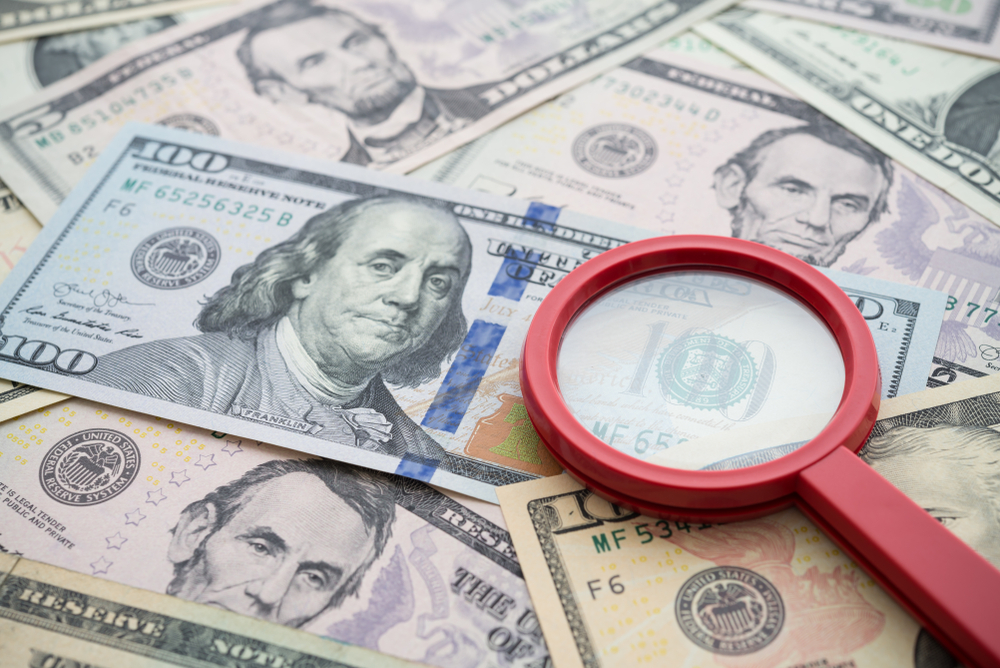Right now, there are a lot of people who are struggling to make ends meet. Prices are going up, your bank balance appears to be dropping, and you might be wondering how you are going to keep a roof over your head or food on the table. One option could be unclaimed money. There are plenty of sources of unclaimed money, and there’s a chance that you could be entitled to some of it. Why exactly does money go unclaimed, and what is the process if you want to claim it yourself?
Take a look at a few key points below, and make sure you understand where unclaimed funds come from.
An Overview: What Are Unclaimed Funds?
Unclaimed funds refer to assets that have value and do not have an owner. This refers not only to cash but also to other assets, such as stocks and property. Generally, certain efforts are made to locate the owner of those assets; however, if the owner cannot be located, the funds will eventually be turned over to the government.
Every state is different, and every state has different processes that it follows to make an effort to locate the rightful owner. If the owner cannot be located, or if nobody files a justified claim, then the assets will eventually pass to the government. Given that most people want to claim money that is rightfully theirs, what are some of the biggest reasons why assets and funds might go unclaimed?
Why Does Money Go Unclaimed?
There are several reasons why money and other assets might not be claimed promptly. Some of the biggest reasons include:
- Tax refunds are one of the most common sources of unclaimed money. For example, someone might be owed a tax refund, but if the government does not have information to file a direct deposit, then the government will send a check instead. Maybe the person moved without updating their address officially, which means that the government does not know where to send the money.
- There is also a chance that a bank failure could also lead to unclaimed money. If a bank ends up going out of business, it needs to return all of its customers’ assets. There is a chance that some people may not even be aware that they have an account with a certain bank, or the bank might not know who to contact to return certain sources of money. As a result, banks may produce unclaimed money after a certain amount of time as well.
- An unclaimed pension is another common source of unclaimed money. There are some people who might not be aware that they have a pension with a company, and if the company goes out of business, the administrators might not know what to do with the pension fund.
- Stocks can also be a source of unclaimed assets. For example, a brokerage company may have to liquidate partial shares of stock. But, if they do not have updated information for some of their clients, then they might not know where to send the check. Therefore, the money just sits there.
- If someone passes away, the proceeds from the estate can also wind up as unclaimed money. If there is no will, the assets will go to probate court, but there is a chance that no one will step out to claim the assets in probate court. Or, the direct beneficiaries specified in the will might not be able to be located.
There are lots of different types of unclaimed property. This includes inactive stocks, court funds, dividends, checking accounts, savings accounts, and proceeds from estate sales. If the person does not register a forwarding address after changing his or her address, it might be difficult to get these unclaimed assets to him or her.
Importantly, unclaimed property cannot be taxed when it is unclaimed. Nobody owns the property, so it is impossible to figure out who should pay taxes on it. On the other hand, if the property is reclaimed, it may be considered taxable income for purposes during the year in which it is claimed.
How Do You Claim Unclaimed Money?
There is a chance that you might have assets that belong to you that you don’t even know about. So, how do you go about claiming it? One of the first things you need to do is check this website. It is called Unclaimed.org, and it will provide you with links to the unclaimed property program and every state. Every link on this website has been vetted and found to be accurate, so you need to make sure you use this website instead of using a general search engine. You don’t want to fall victim to a scam.
Using the Search Engine on the State’s Website
Eventually, you will arrive at the search engine for your state’s unclaimed property website. You can start by using both your first and last name to see if the state has any property that it believes is yours. If you have legally changed your name in the past, make sure to use every name that has been associated with you. You may also want to try using your first initial followed by your last name. There are different ways that the state will categorize unclaimed property.
Search Multiple States at Once
Even if you have never lived in a specific state, there is a chance that you could have property there that is rightfully yours. For example, you may have a family member who passed away in a specific state and left property in your name. There is a website that allows you to search multiple states at the same time. You should visit this link to familiarize yourself with this helpful tool.
Filing a Claim for Property That Is Yours
If you believe you have found property that is rightfully yours, the process for claiming it should be straightforward. You will need to show proof of ownership, and your Social Security number might be enough. You will also have to prove that you are who you say you are. You might want to bring a driver’s license or a passport with you. It may take approximately 30 days for the state to process your claim, but then, the property will be yours.
In addition to the links above, there are other databases that could be helpful. For example, you may want to check the IRS website to see if there is a tax refund in your name, or you might also want to check out this link if you want to find money from an unclaimed pension.






